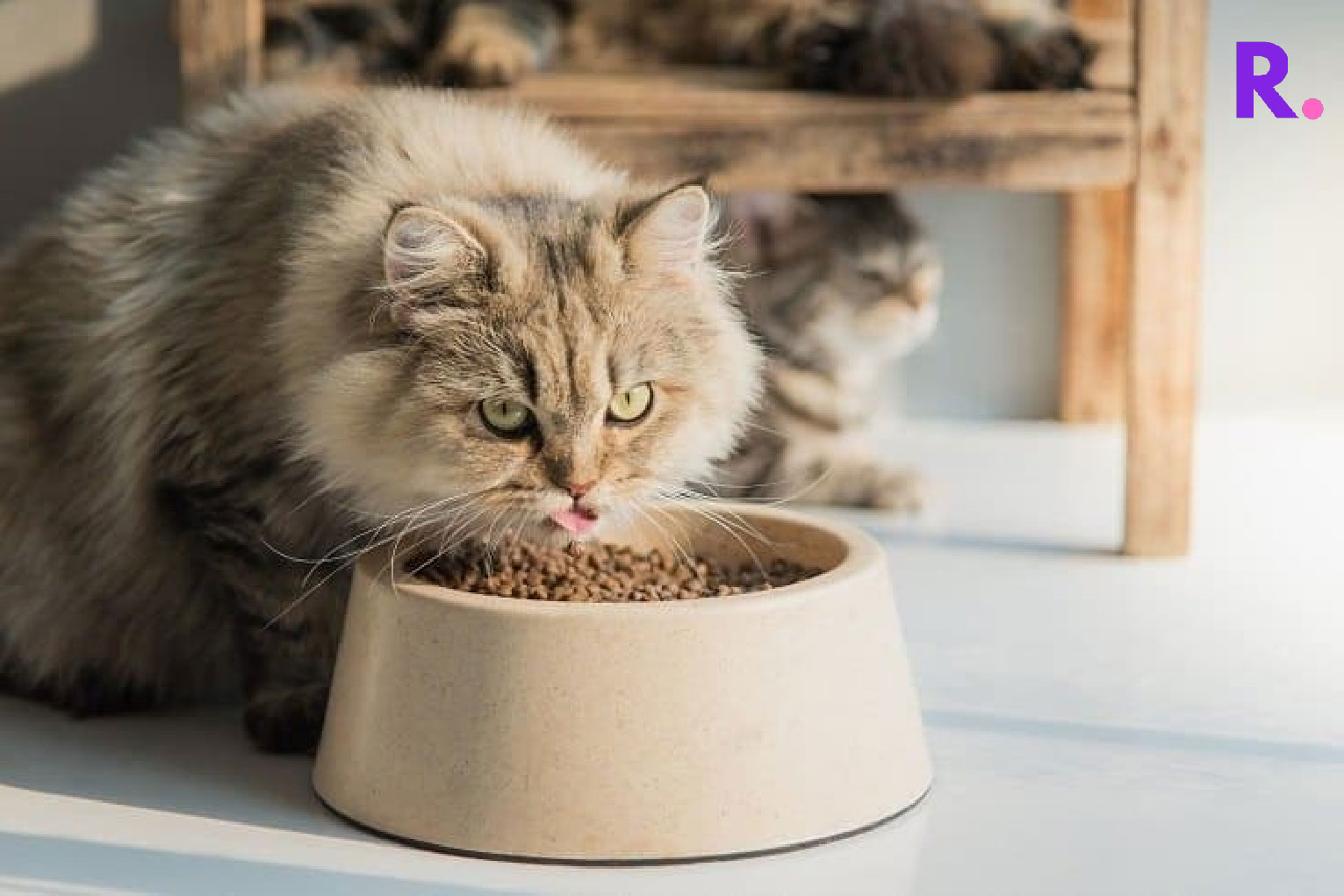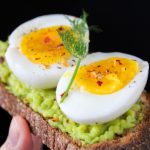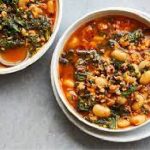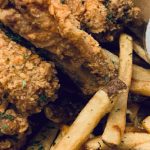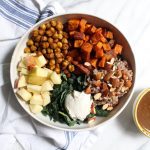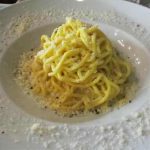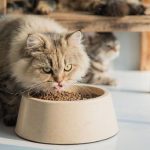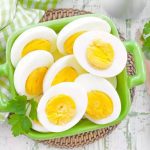Cats can have weight-related issues like humans. Some cats struggle with obesity, while others have difficulty gaining and maintaining a healthy weight. Make homemade cat food if your cat is underweight or you want to ensure their well-being. This guide explores cat weight issues, emphasizes a balanced diet, and provides yummy recipes for homemade cat food to help your kitty gain weight.
Understanding Cat Weight Issues
Understanding why some cats may have trouble gaining weight is crucial before delving into homemade cat food recipes. Several factors contribute to this problem:
Health Conditions
Medical conditions can hinder cats from gaining weight. Hyperthyroidism, gastrointestinal disorders, and dental issues are some examples. Consult your veterinarian if you suspect your cat’s weight loss is due to a health problem.
Stress or Anxiety
Stress or anxiety can make cats eat less and lose weight. Changes in the environment can trigger stress in felines. The introduction of new pets can trigger stress in felines. Other surrounding disruptions can trigger stress in felines.
Age
Kittens and senior cats are prone to weight issues. Kittens grow and need more calories. Senior cats have a slower metabolism and eat less.
Poor Diet
Commercial cat food quality varies significantly. Lower-quality brands may lack essential nutrients, hindering your cat’s weight gain. Some cats have food preferences that limit their calorie intake.
Dental Problems
Gum disease and tooth decay can cause pain while eating, making cats avoid food.
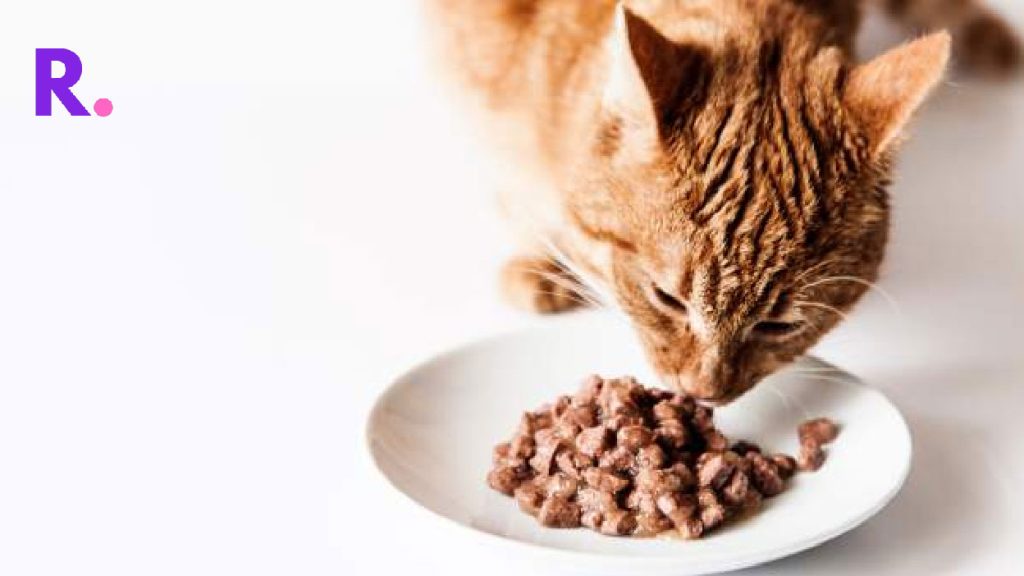
Assessing Your Cat’s Weight
First, determine if your cat needs to gain weight before making homemade cat food. Assess your cat’s weight this way:
- Consult Your Vet: They can assess your cat’s health and determine if weight gain is necessary.
- Use a Body Condition Score (BCS): Vets use a Body Condition Score (BCS) to assess a cat’s weight. The system rates cats from 1 to 9. 5 is the ideal rating. A cat with a score lower than 5 might need to gain weight.
- Weigh Your Cat: Regularly weigh your cat and keep a record. Discuss sudden or significant weight loss with your vet.
Visit The Best Remedies for more articles like this.
When to Be Concerned
Cat’s weight may fluctuate slightly, but significant or prolonged weight loss is concerning. Notice any of the following signs? Consult your veterinarian promptly.
- If your cat rapidly loses more than 10% of their body weight, it’s a red flag.
- If your cat refuses to eat or shows less interest in food, it may have a loss of appetite.
- Lethargy can signal a problem. It makes you tired and sleepy.
- Frequent vomiting or diarrhea can cause dehydration and weight loss.
- Behavior changes may include increased aggression, irritability, or hiding.
- A dull, untidy coat can indicate malnutrition.
The Importance of a Well-Balanced Diet
A well-balanced diet and healthy weight are important for your cat’s overall health. Homemade cat food aids weight gain. Ensure your cat’s nutritional needs are met. A balanced diet is important!
Proper Nutrition
Cats need protein, fats, vitamins, and minerals to thrive. A balanced diet supports your cat’s health and weight gain by providing necessary nutrients.
Weight Management
A balanced diet maintains a healthy weight by providing the right amount of calories without excess. Underweight cats need this to prevent fat buildup.
Digestive Health
Tailor homemade cat food to your cat’s digestive needs. High-quality ingredients promote digestion and nutrient absorption.
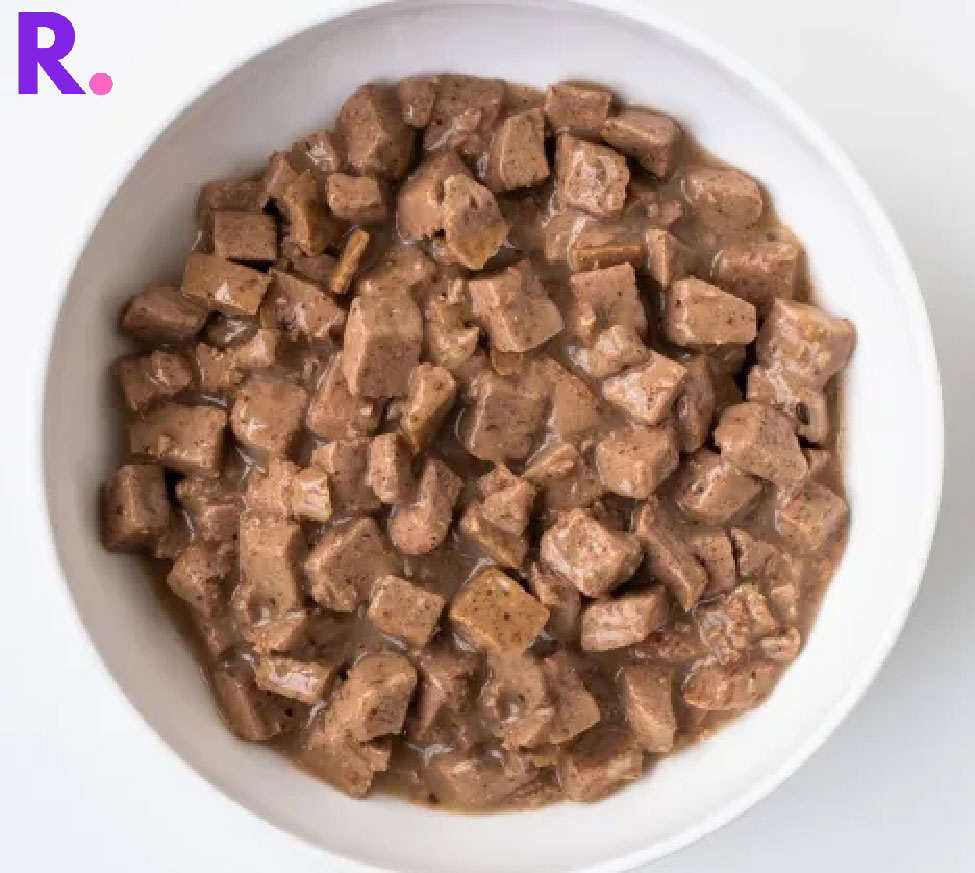
Preparing Homemade Cat Food for Weight Gain
Understanding the importance of a balanced diet, let’s explore preparing homemade cat food to gain weight. Consult with your veterinarian before making significant dietary changes for your cat. They recommend based on your cat’s needs.
Protein is Key
Protein is crucial for your cat’s diet. It helps them gain weight. Cats eat meat because they are obligate carnivores. Choose a homemade cat food to gain weight with high-quality protein sources:
- Cooked chicken (skinless, boneless)
- Turkey
- Beef
- Fish (in moderation)
- Organ meats (liver, kidney)
How to Cook Chicken for Cats?
To cook chicken for cats, boil or bake it without seasoning, spices, or additives. Here’s a brief guide:
Boiled Chicken:
- Boil chicken breasts or thighs in water.
- Cook it thoroughly to eliminate harmful bacteria. The internal temperature should reach 165°F (74°C).
- Cool it and chop it into small, cat-sized pieces.
Baked Chicken:
- Preheat the oven to 350°F (175°C).
- Put boneless, skinless chicken in a baking dish.
- Bake until cooked to 165°F or 74°C internally.
- Cool the food and cut it into appropriate-sized portions.
Remove bones, skin, and excess fat to avoid harm to cats. Serve the cooked chicken in small pieces to prevent choking. You can feed it to your cat as a treat or part of their diet. Consult your veterinarian for dietary recommendations for your cat.
Healthy Fats
Incorporating healthy fats into your cat’s diet can increase the calorie content, aiding in weight gain. Good sources of healthy fats for cats include:
- Salmon oil
- Olive oil
- Flaxseed oil
Remember that fats should be added in moderation to avoid overwhelming your cat’s digestive system.
Carbohydrates
While cats are primarily carnivores, some carbohydrates can be beneficial in providing additional calories. Opt for complex carbohydrates like brown rice or oatmeal. Cook them thoroughly and include them in small amounts in the homemade cat food.
Avoid Harmful Ingredients
Certain foods are toxic to cats and should be strictly avoided. These include:
- Onions and garlic
- Grapes and raisins
- Chocolate
- Bones (as they can splinter)
- Alcohol
Double-check that the ingredients you use are safe for cats.
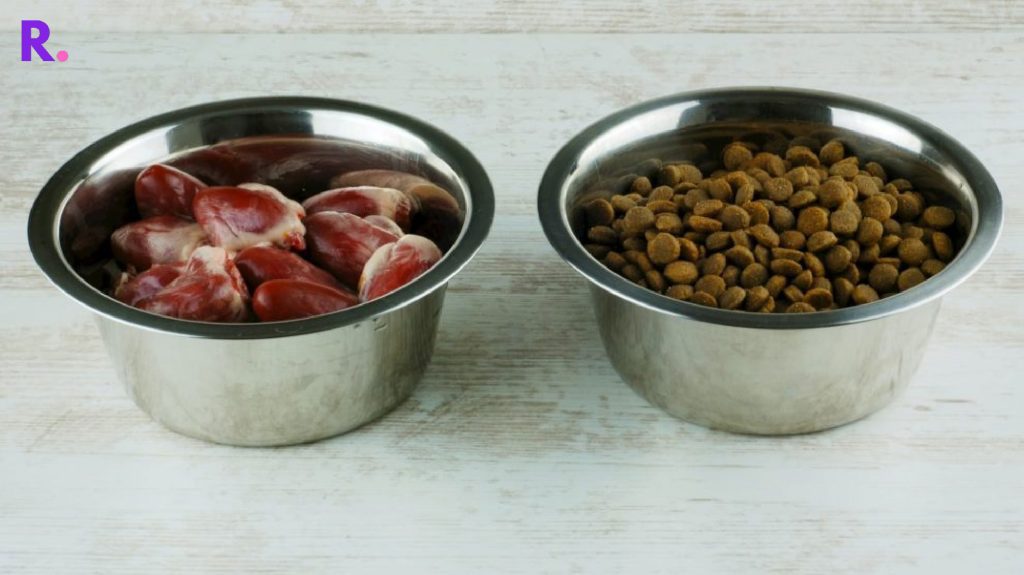
Meal Preparation
Preparing homemade cat food involves steps:
- Cooking: Cook meats thoroughly to prevent bacterial contamination. Don’t use too many spices or seasonings.
- Balancing: Create a balanced meal by combining proteins, healthy fats, and carbohydrates in appropriate proportions.
- Portion Control: Divide the food into portions for accurate calorie intake.
- Storage: Refrigerate or freeze unused portions. Use them promptly to keep them fresh.
- Transition: Gradually introduce homemade cat food to prevent digestive upset in your cat. Mix their current food with homemade food and increase the proportion gradually.
Supplements
Your veterinarian may recommend supplements for your cat’s homemade diet.
- Vitamins: Cats need vitamins, like taurine, for their heart health and eyesight.
- Minerals: Calcium and phosphorus are vital for bone health.
- Fiber: Adding fiber can improve gastrointestinal function in cats with digestive issues.
Always consult with your vet before adding supplements to your cat’s diet.
Homemade Cat Food Recipes for Weight Gain
Here are Homemade Cat Food Recipes Vet Approved designed to help your cat gain weight. Remember to consult with your veterinarian before implementing any new diet.
Recipe 1: Chicken and Rice Delight
Ingredients:
- Shred 1 cup of cooked chicken.
- Cook 1/4 cup of brown rice.
- Add 1 tablespoon of salmon oil.
Instructions:
- Cook the chicken thoroughly. Brown the rice thoroughly.
- Combine shredded chicken and brown rice in a mixing bowl.
- Drizzle salmon oil over the mixture. Stir until well incorporated.
- Divide and serve in small portions.
Recipe 2: Tuna Surprise
Ingredients:
- 1/2 cup canned tuna (in water)
- 1 tablespoon olive oil
- 2 tablespoons cooked and mashed sweet potato
Instructions:
- Drain the canned tuna and mash it in a bowl.
- Mix in the olive oil and mashed sweet potato.
- Portion the mixture and serve.
Recipe 3: Beef and Carrot Bliss
Ingredients:
- Cook 1/2 cup of lean ground beef.
- Cook and mash 1/4 cup of carrots.
- Cook 1/4 cup of quinoa.
- Use 1/2 teaspoon of flaxseed oil for omega-3 fatty acids.
Instructions:
- Cook the ground beef until fully cooked. Drain any excess fat.
- Cook the carrots until soft. Mash them.
- Cook the quinoa as instructed on the package.
- Combine the ground beef, mashed carrots, cooked quinoa, and flaxseed oil in a bowl.
- Serve an appropriate portion to your cat. Refrigerate any leftovers.
Adjust the ingredients and proportions based on your cat’s preferences and dietary needs.
You can also watch this Video: Easy 3 Ingredient Recipe! How to Make High Calorie Kitten Food Mix?
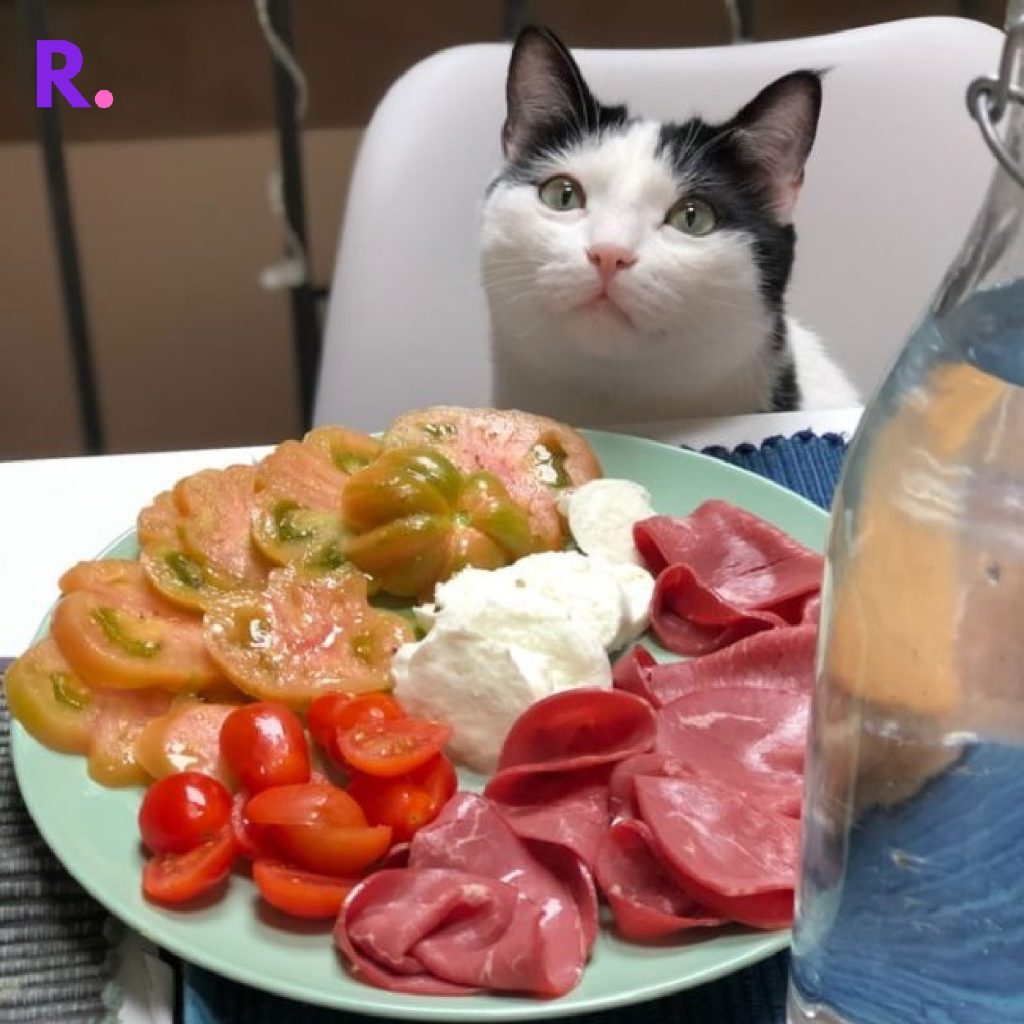
Monitoring Your Cat’s Progress
Monitor your feline friend’s progress closely after introducing homemade cat food. Remember these points:
Regular Weigh-Ins
Regularly weigh your cat to track their weight gain. Consult with your veterinarian if there is no improvement or further weight loss. Adjust the diet or address potential underlying health issues.
Observe Behavior
Pay attention to your cat’s behavior. Pay attention to your cat’s appetite. Your cat responding well to the homemade diet is shown by increased energy levels, improved coat condition, and a stronger appetite.
Veterinary Check-Ups
Schedule regular check-ups with your veterinarian for your cat’s health. They guide adjustments to the diet.
Make homemade cat food to help your underweight cat gain weight. Approach this carefully and consult your veterinarian. Understand your cat’s nutritional needs. Follow proper preparation and monitoring. Support your feline friend on their journey to a healthier weight. Every cat is unique. What works for one may not work for another. Professional guidance is invaluable for your cat’s well-being.
Frequently Asked Questions (FAQ)
Can I use raw meat in homemade cat food?
Pet owners should exercise caution when opting for raw diets for their cats. Raw meat can harm your cat. Cook meat thoroughly for safety.
Can I feed homemade cat food to my cat regularly?
The frequency of feeding homemade cat food depends on your cat’s age, activity level, and dietary needs. Adult cats are fed 2-3 times a day. Consult your vet for a personalized feeding schedule.
Can I use human supplements for my cat?
Before using human supplements on your cat, consult your veterinarian. Cats require specific nutrition. Human supplements may be ineffective for them.
How to help cat gain weight? What are the best tips?
To help a cat gain weight, you can:
- Consult a veterinarian to help a cat gain weight. Consult a veterinarian to rule out health issues causing weight loss.
- Feed your cat high-quality, high-calorie cat food. It includes wet food or a weight-gain formula.
- Offer frequent meals throughout the day to encourage eating.
- Consider adding cat-safe food supplements, such as fish oil, for extra calories.
- Monitor progress. Track your cat’s weight gain.
- Ensure your cat is comfortable to reduce stress and encourage eating.
- Follow your vet’s treatment plan for weight loss caused by an underlying condition.
How to help a cat with kidney disease gain weight?
You can help a cat with kidney disease gain weight by:
- Consult your veterinarian for a tailored treatment plan to help a cat with kidney disease gain weight.
- Follow your vet’s recommendation and feed a prescription kidney-friendly diet.
- Encourage eating with frequent meals.
- Talk to your vet about appetite-enhancing medications for your pet.
- Hydrate your cat to keep their appetite.
- Take omega-3 fatty acids to support weight gain.
- Regularly monitor your cat’s weight.
What’s the best human food to fatten up a cat?
Do not feed a cat human food to fatten it up. Maintain a cat’s health and weight with a balanced cat-specific diet. Feeding a cat human food can lead to imbalances and health problems. Consult a veterinarian for guidance on your cat’s weight concerns, diet, and nutrition.
How long should I continue the homemade diet?
Your cat’s specific needs determine the duration of the homemade diet. Consult your veterinarian for guidance on transitioning back to commercial cat food, if needed.
What if my cat won’t eat the homemade food?
Your cat may refuse to eat homemade food due to taste preferences or other issues. Consult your veterinarian for alternative recipes or strategies to encourage your cat to eat.
Can I use supplements in homemade cat food?
Consult with a veterinarian before adding supplements to your cat’s diet. Supplements can harm your cat. Ask your veterinarian for advice on whether your cat needs them.
How long does it take for a cat to gain weight?
The cat’s weight gain time depends on its age, health, and metabolism. Noticeable weight gain may take several weeks. Be patient and regularly monitor your cat’s progress.
What’s the best homemade diabetic cat food?
A high-protein, low-carbohydrate diet is one of the best homemade options for diabetic cat food. Consult your veterinarian to create a balanced recipe for your cat’s nutritional needs. It usually has lean meats such as chicken or turkey, non-starchy vegetables, and supplements for essential nutrients. Prepare homemade cat food under veterinary guidance to manage diabetes effectively.
What’s the best homemade cat food supplement?
Taurine is a great homemade cat food supplement. It is essential for a cat’s heart and eye health. Consult with a veterinarian for a balanced homemade cat food recipe tailored to your cat’s needs.
